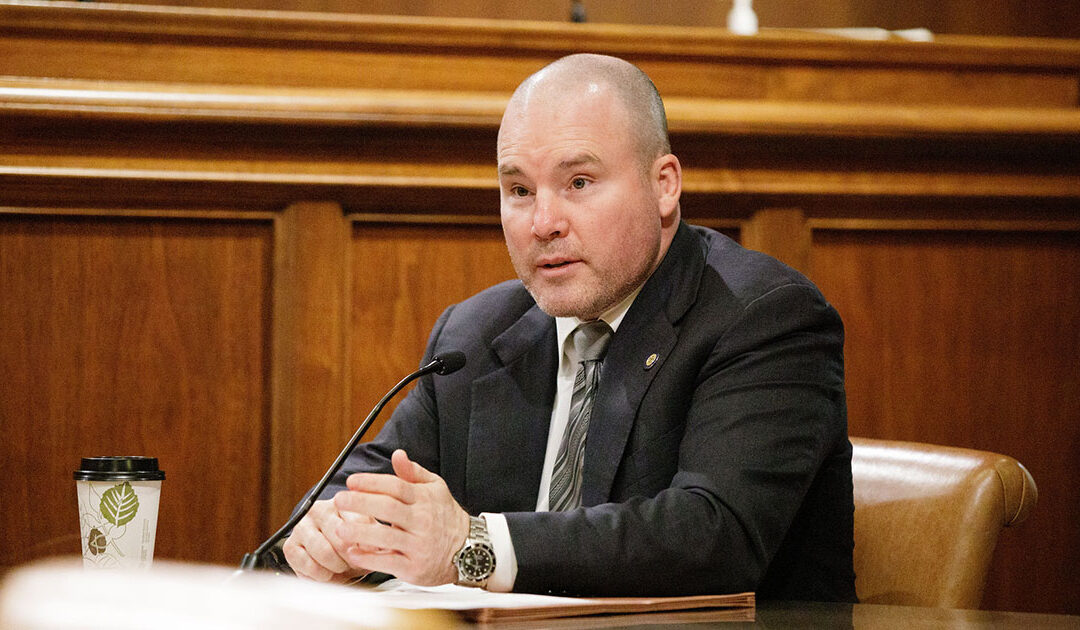
March 10, 2022
Harrisburg, PA – March, 10, 2022 − Senator Marty Flynn is fighting to lower gas prices for Pennsylvanians by supporting the reduction of the state gas tax through the end of 2022. Senator Flynn realizes the financial strain the skyrocketing prices at the pump have had on Pennsylvanians who are already facing increased costs at the supermarket and for utilities due to supply chain issues brought upon by the pandemic and nationwide labor shortages. These factors, exacerbated by Russia’s horrific attack on Ukraine, have led to historically high prices for gas.
“Legislators from both sides of the aisle and from all levels of government need to work together and deliver for the people of Pennsylvania,” Senator Flynn said. “It’s all hands on deck. We need to get creative and find a solution to deal with this astronomical increase in gas prices.”
As the Democratic leader of the Senate Transportation Committee, Senator Marty Flynn is committed to negotiating with lawmakers on both sides of the aisle and Governor Wolf to determine an appropriate policy to reduce prices at the pump while ensuring that the necessary revenue remains available to fund maintenance of roads, bridges, and crucial infrastructure projects.
“This will be my top priority right now,” Senator Flynn said. “Working class Pennsylvanians are hurting, and we have to act immediately to help the people we were elected to represent.”
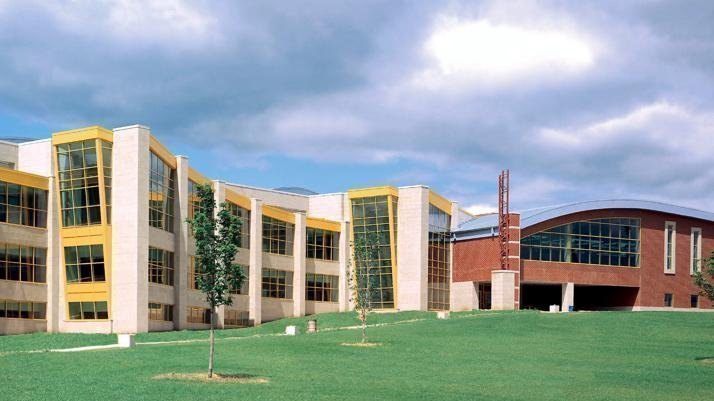
January 14, 2022
January 14, 2022 – Yesterday, Senator Marty Flynn and Representative Thom Welby drafted a letter – included below – in response to the Scranton School District’s new bus contract.
Superintendent Melissa McTiernan,
Last week, the Scranton School Board voted to award a five-year transportation contract to Krise Transportation. To say that the awarding of this contract is financially irresponsible would be an understatement. As reported by the Scranton Times, the increase in transportation costs will exceed $1 million dollars per year as a result of this contract, and it’s the taxpayers who will be left holding the bag. The school district says that Krise Transportation came in with the lowest bid and was the best offer they received. This is misleading, and it’s beginning to look like it’s simply not true.
Compare the proposal of Pete’s Garage, a local company which did not get the bid, to Krise Transportation, the Punxsutawney company which did. The school district initially wanted the bus companies to cover the cost of fuel. Pete’s Garage’s offer did; Krise’s did not. The school district, for whatever reason, decided this was fine. The school district wanted the winning bus company to provide a sufficient number of drivers. Krise agreed to no such terms. The school district, for whatever reason, decided this was fine. The school district initially wanted to hold the bus company responsible for any busses that arrive late; the agreement now makes the school district pay Krise for the extra time. The district, once again, and for whatever reason, decided this was fine. Every step of the way, the Scranton School Board mysteriously backed down from every reasonable request they made, and they gave the contract to a company who essentially told the school district how they were going to do things – separate from what was in the RFP.
The question, of course, is why? Why put the responsibility and the financial obligations on the people of Scranton? Why give in to this company’s every demand? There were clearly defined terms in the initial Request for Proposal, and numerous companies were more than happy to agree to them. Why, then, award the contract to Krise, who agreed to essentially none of them, and is going to charge us more in the process?
This contract agreement is a slap in the face of the taxpayers in the City of Scranton. Senator Flynn worked hard to obtain $1.8 million in funding for the school district to fix their tax structure. To this point, they have done nothing to help the taxpayers with this money. Every time news breaks about the Scranton School Board, it becomes more and more apparent that the school board, at best, doesn’t have a plan and, at worst, is irresponsible. We believe that the legal advice they have received is questionable, regarding the $1.8 million in state funds Senator Flynn recently secured, regarding the Scranton School District budget, and regarding this busing contract.
The advertised RFP included a clause that allows the school district to discard all of the bids if there were discrepancies, exceptions, or changing conditions from when it was written to when the bids are opened.
It is, in our opinion, absolutely irresponsible for this board – based on the discrepancies in the awarded contract from the published RFP – to be accepted with such a cavalier attitude. One reason given for awarding the bid with the discrepancies was that the rebid process would take two months – and the operator could need nine months to prepare for the new school year. We think any responsible operator can prepare a plan within six or seven months!
What’s more is that they feel they are above accountability. Questions to the school board were directed to Scranton School District solicitor John Audi. Questions to John Audi went unanswered.
We have some questions for solicitor John Audi ourselves. What is your legal opinion on why the $1.8 million was secured for the district and not used? Did you truly think the best thing to do for the city of Scranton was to make an executive decision to do nothing? What is your legal opinion on how, of the number of contract proposals you fielded, the best one was the one you settled on with Krise? Why did the school board not receive the lengthy contract until the day of the vote? Was that really enough time to read and grasp the finer details? This is unheard of in local and state government. Why was there no meeting open to the public to discuss? Why the secrecy?
The taxpayers depend on you to be up-front, yet these decisions are made in the shadows, in closed-door meetings that brazenly skirt the rules set forth by the Sunshine Act – zero transparency. This bussing contract is more of the same. It’s an egregious affront to the taxpayers and we demand answers from the district. Rest assured that we will not stop until we receive them.
There’s still time to do the right thing. We are requesting you re-open these talks before setting this school district down yet another ill-advised path. We’re happy to discuss this with you – in broad daylight – in a public meeting, where the people of Scranton can voice their opinions and concerns with this contract.
Sincerely,
Senator Marty Flynn
Representative Thom Welby
CC: Tara Yanni
Ro Hume
Danielle Chesek
Sarah Cruz
Catherine Fox
Katie Gilmartin
Ty Holmes
Sean McAndrew
John Audi
Scranton Times-Tribune
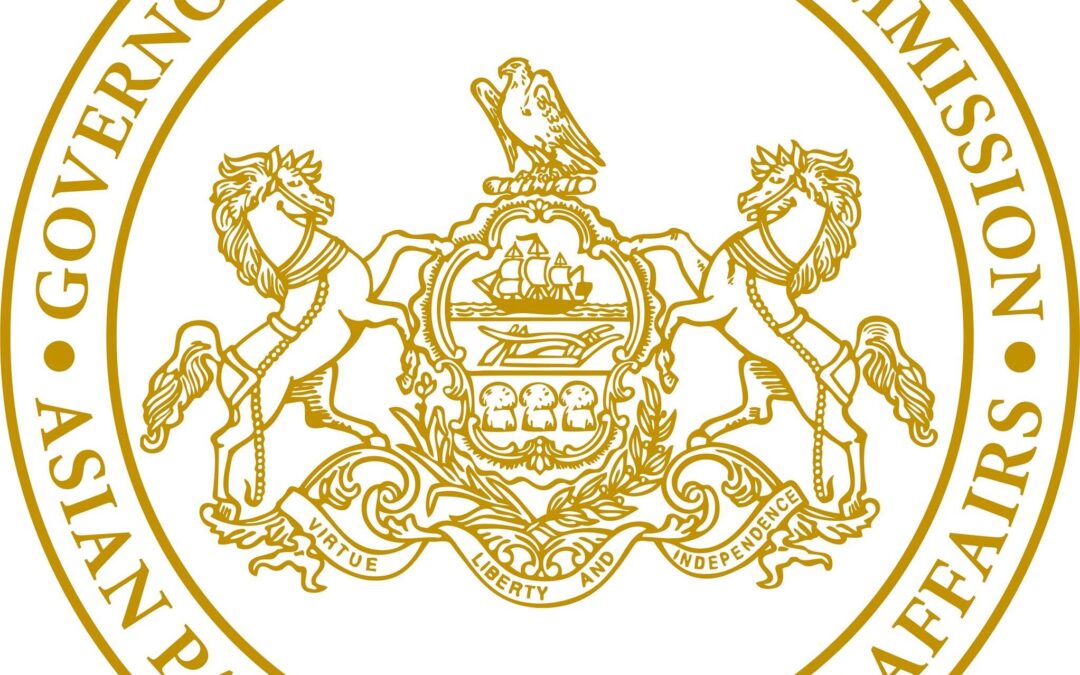
January 13, 2022
Scranton, Pa. – The Governor’s Advisory Commission on Asian Pacific American Affairs (GACAPAA) and the Bhutanese Cultural Foundation of Scranton Association will host a COVID-19 vaccination clinic in Scranton on Friday, January 14, 2022, from 10:00 AM to 4:00 PM. The clinic will take place in center city Scranton, at the Bhutanese Cultural Foundation of Scranton Association, 705 Pittston Ave., Scranton, PA 18505.
The free, walk-in clinic will have Moderna and Pfizer COVID-19 vaccines available, in addition to flu vaccines. The clinic will serve patients in seven languages: English, Nepali, Hindi, Mandarin Chinese, Fujianese, Swahili and Spanish.
“We know that getting vaccinated is the best way to protect yourself, your family and your community from COVID-19,” said GACAPAA Executive Director Stephanie Sun. “But for community members who have technology, transportation or language barriers, just getting to a vaccine clinic can be more difficult than it should be. That’s why the Asian Pacific American Affairs Commission is partnering with community organizations to promote clinics set up to serve diverse populations in multiple languages, with a focus on helping vulnerable groups overcome transportation and technology challenges. Besides diverse Asian languages, this time in Scranton, we have also organized a group of volunteers speaking Swahili and Spanish to serve African and Latino/ Hispanic community members. We have also seen a spike in flu recently in the community, so we will provide flu shots for free to everyone, including people without insurance coverage. We are helping our community members stay safe and healthy by breaking down barriers to vaccination.”
The Pfizer-BioNTech COVID-19 vaccine will be available for first or second doses to anyone age 5 and older. Booster shots will be available to anyone age 12 and older.
The Moderna COVID-19 vaccine will be available for first doses, second doses, or booster shots to anyone age 18 and older.
The annual flu shot will be available to anyone age 6 months and older.
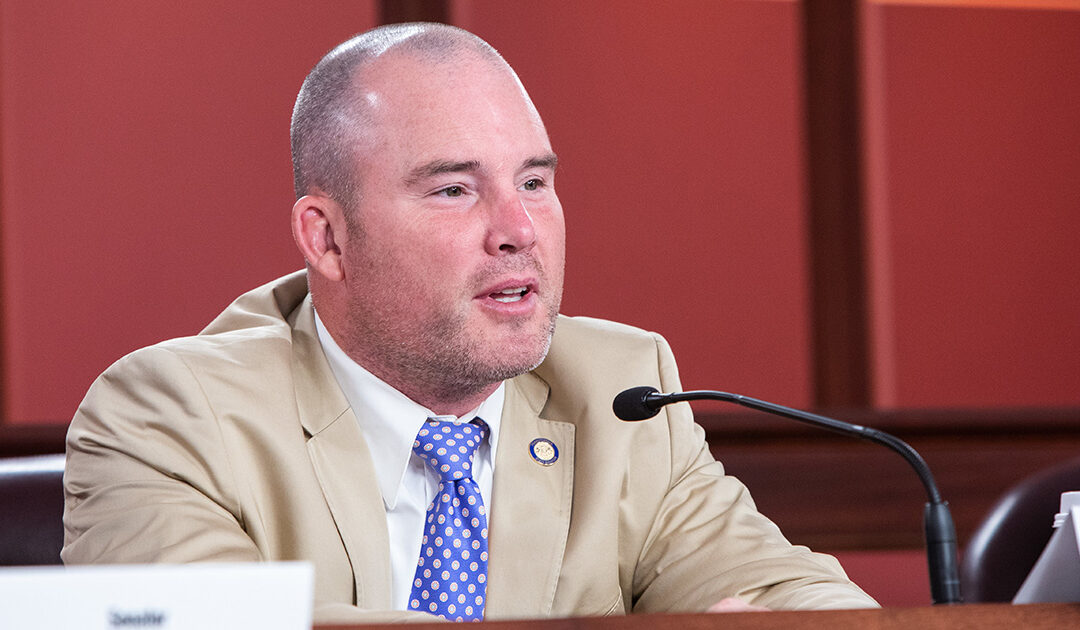
December 23, 2021
Today, State Senator Marty Flynn announced Blakely Borough in Lackawanna County will receive $123,210 to improve pedestrian safety at the Lackawanna River Heritage Trail. The grant was awarded from the Pennsylvania Department of Transportation’s (PennDOT) Automated Red Light Enforcement (ARLE) Program.
“The Lackawanna River Heritage Trail is something our district should be immensely proud of,” Senator Flynn said. “It’s gorgeous and sprawling, but because it spans such a large distance, there are certain points – like the one at Depot Street in Blakely – where pedestrian and cyclist traffic may be forced to intersect with vehicle traffic. We’re making sure that those areas flow as safely and efficiently as possible.”
Blakely Borough will receive funding to improve the mid-block crossing at Depot Street. Improvements will include ADA accessible ramps, flashing beacons to alert drivers and pedestrians/cyclists to slow down and be aware of conditions, signage to encourage sharing the road, and a high visibility colored concrete crossing.
PennDOT awarded approximately $12.9 million in 2021 ARLE funding to 22 municipalities statewide to fund 28 safety projects. The ARLE program uses fines from red light violations to fund traffic and pedestrian infrastructure that improves safety, enhances mobility, and reduces congestion.
Governor Tom Wolf has shared a full list of projects that will receive 2021 ARLE funding.
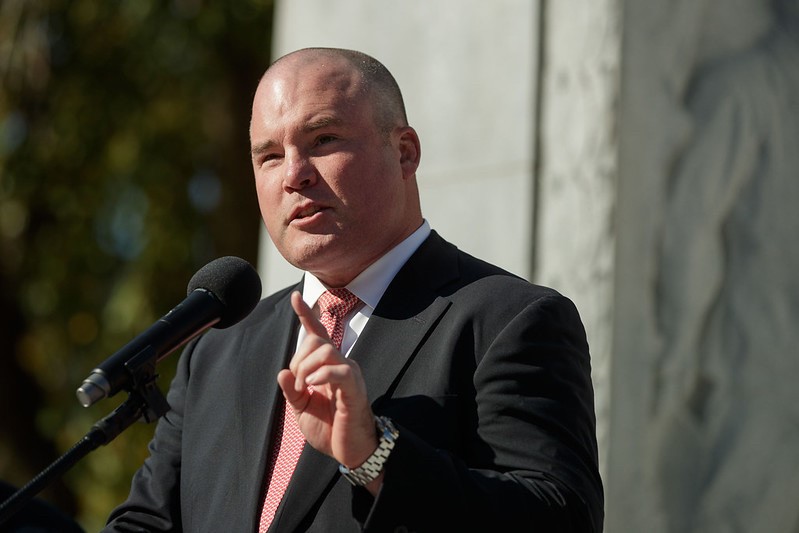
December 17, 2021
Op-Ed by Senator Marty Flynn
A slightly condensed version of this column appeared in the December 17th edition of The Scranton Times.
This week, I was able to secure a $1.8 million state grant to help the Scranton School District. I was very proud to be able to help the Scranton School Board bridge the gap as they transition from a business privilege tax system to a fairer, more equitable payroll tax. In the November 2019 election, 72% of Scranton voters said they were in favor of making the change. I was proud to be able to deliver for the people of Scranton.
The school board, however, continues to make excuses for why they can’t listen to the voters. They claimed that making the switch was unfeasible because, in the short term, they would lose money during the first year. In the years to come, the payroll tax will prove to be a great benefit to this city; still, they had justifiable concerns. After the last two years saw the school district deal with a pandemic and a labor dispute, they felt the current system – though fundamentally broken – left them better suited to handle the immediate future. This $1.8 million Ready to Learn Block Grant, though, changed the equation. There’s now no reason at all to delay making the change to the payroll tax immediately.
So I was a bit disappointed to learn that the Scranton School Board was unprepared to act. They said that they are exploring their options and trying to figure out if they can make the switch to a payroll tax next year. I truly don’t understand how they are just now reaching the “considering options” stage of the process. They should have been fully prepared for a situation that allowed them to resolve this issue; instead, they seem to be throwing their hands in the air as if they never intended to have to come up with a solution in the first place.
A quick explanation of the differences between the current model – the business privilege tax – and the proposed payroll tax. The business privilege tax is vaguely defined, with plenty of exceptions and exemptions, but simply put it’s based on the amount of money a business makes. A business claims they make a certain amount of money, and they are then taxed a percentage of that amount they claim to make.
Note the word “claim.” Ultra-successful businesses put an awful lot of time and effort into manipulating the system to their advantage, at the expense of the average, working-class Scrantonian. The words “business privilege” may as well be reversed – it disproportionately benefits privileged businesses. It leaves loopholes for businesses in very profitable fields to exploit so that they don’t have to pay their fair share. The payroll tax has much fewer exemptions, and it’s much easier to monitor and collect. It taxes a percentage of business’ payroll and shares the responsibility among everybody. Because the business privilege tax depends on a company’s profits, it’s more volatile, as well, and leaves the people of Scranton at the mercy of the ebbs and flows of the economy.
Quite simply, the payroll tax is fairer and more stable. There’s precedent, too. In 2010, Pittsburgh did away with the business privilege tax and made the switch to a payroll tax. After an initial period of turbulence, the payroll tax has since provided them with a steady source of tax revenue. All in all, the payroll tax has been a big success for the Steel City. We won’t face that turbulence; that’s what the $1.8 million is for.
Here’s what we’re trying to do. Next month, for the first time in thirty years, Scranton will lose its designation as a “financially distressed” city. It’s plain to see we’ve come a long way in the past few decades. It’s time now, though, to take the next step forward; there’s a lot of progress still to be made. We want to bring businesses into the city. We want to create jobs. We shouldn’t be taking a victory lap now, or resting on our laurels. “No Longer Financially Distressed” is a step in the right direction, but it’s nothing to post underneath the Welcome to Scranton sign. We can still do better.
The payroll tax is fairer for the people of Scranton. There’s no disputing that. There have been concerns raised by a very small vocal minority of business owners who oppose the transition to a payroll tax. Those concerns, while valid, fail to see the big picture and fail to consider the state of our city going forward. The Scranton School Board, for whatever reason, seems to feel the same way as this vocal minority. They are, as they have done numerous times in the recent past, thinking about themselves instead of thinking about the greater good of the city.
The people of Scranton do see the big picture, however, and they are looking to the future. The school board’s fear was dealing with the transition in the short term; we now have the money to carry us during that transition. These are very special circumstances we find ourselves in, so the time to act is now. It’s time to start listening to the voters of Scranton and make the payroll tax happen.





